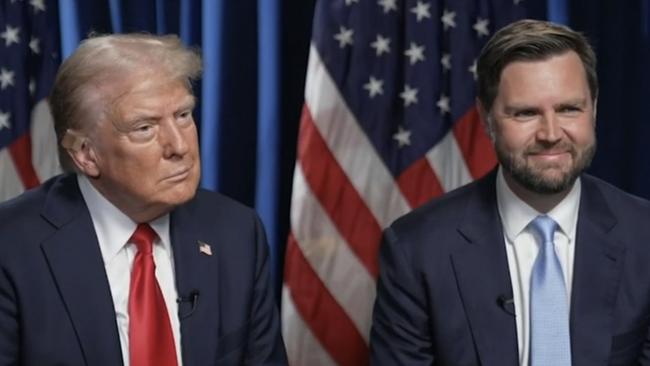
Trump is powerful because he leads a revolutionary movement or, if you prefer, a counter-revolutionary movement. Trump is an outsider to politics. He doesn’t play by the orthodox rules. He denounces the system as a corrupt, elite-driven betrayal of the nation and the legitimate demands of the people. Like all populists he runs on grievance and invokes morality to justify everything he does, including his refusal to accept an election defeat.
Because he says the system is broken, the breaking of the rules is justified. Hence the pivotal contradiction – his opponents say Trump threatens democracy while Trump says he is saving democracy. Anybody who thinks this is a normal contest doesn’t understand what is happening.
Trump knows the public, outside the true believers, is disillusioned with the party system. This is Democratic or Republican in the US, Labor or Liberal in Australia, Tory or Labour in Britain, and with even more startling evidence in France, Italy and Germany. Disruption is everywhere.
Trump is strong not because he is a Republican but because he leads a populist “Make America Great Again” movement. It is the MAGA movement takeover that has made the Republican Party strong again.
Trump, like every populist leader, exploits the two greatest forces in Western democracy – the public’s alarm at the demise of the existing way of life and the failures of Western governments, left or right, to deliver progress in incomes, services and equity while sponsoring elites that seek to impose progressive or “woke” values on the nation.
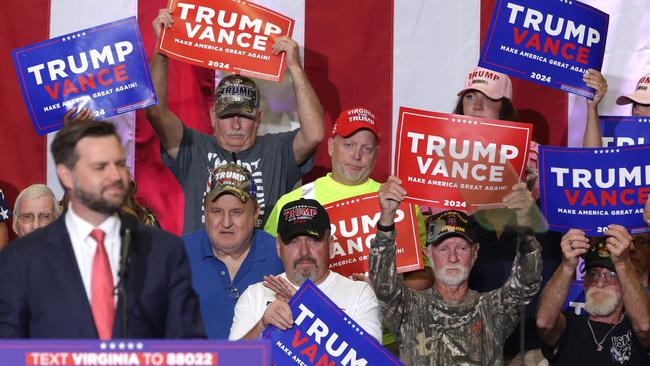
Economic and cultural resentment fuels these rebellions. This is tied to the collapse of trust between the elites and people. The idea of a power conflict is taking hold – between the rulers and the ruled. It has many different manifestations. In Australia, the eruption of the teal movement – an upper-class progressive revolt outside the formal party system – testifies to the sheer variation of the phenomenon.
But Trump’s revolution originates in the deepest spirits of the nation – the restoration of the American dream. It is an appeal to tradition, nostalgia, family, duty, faith and community – the values assumed to be compromised or stolen. It reflects an anxiety about the present and a fear about the future. As the pace of changes intensifies, might such movements only intensify? Almost certainly, it will be the new politics.
They have a saliency within America because they play on the origins of the republic – the Declaration of Independence enshrines neither the monarchy nor the president as the legitimate authority, but the people. It says that because governments derive their just powers only “from the consent of the governed”, when a government is “destructive” of proper ends “it is the Right of the People to alter or to abolish it” – a solemn justification for a revolutionary movement.
This is not a justification for Trump but a reminder of the foundational compact that has encouraged populist movements throughout US history.
As a celebrity, a disrupter and a rich populist, Trump has turned domestic tensions into a profound schism. He has made the conservatives into the radicals. He runs a revolt, not an ideology. He offers an emotional purification, not a coherent policy agenda. He is unpredictable, ready to pivot on a dime, and has turned outrage into a political tactic. He knows the current age enshrines feelings over reason.
Vance is a Trump loyalist but different.
Vance has more than an inspirational personal story. He is steeped in the cultural conversation among American conservatives about the sources of Western decline as well as enjoying the patronage of tech sector chieftains.
Vance is going to transform the Trumpian revolution by giving it an intellectual template that will deepen its meaning and accentuate its dangers.
Two of the people who have most influenced Vance are conservative political theorist Patrick Deneen, whose book Why Liberalism Failed became a polemical tract for conservatives and Catholics keen to remake the political order, and contrarian tech investor Peter Thiel, one of the first tech people to invest in Trump, now a huge supporter, with Vance falling under his financially rewarding spell.
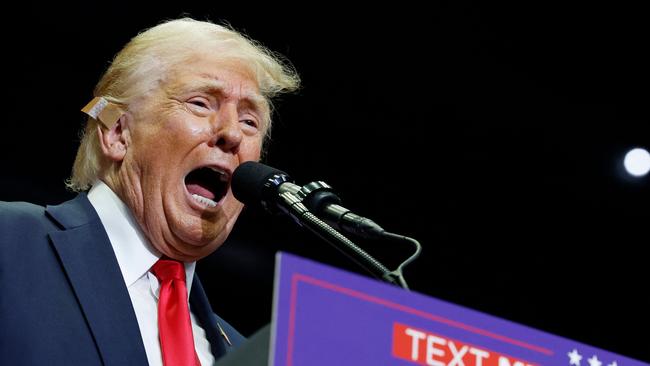
Thiel uses financial power to shape political outcomes. His apocalyptic views damn the ruling order and question whether freedom and democracy are compatible. He believes misguided liberalism and flawed politics have betrayed the benefits technology could deliver.
Vance is a case study in the erupting misdirection of American conservative thought. His valid diagnosis of the cultural malaise afflicting America is not matched by any realistic prescriptions. Instead, Vance, uses culture to direct economic and foreign policy, a misdirection with potentially disastrous consequences.
Like Trump, his polemical pitch is near perfect, condemning the ruling order: “Jobs were sent overseas and our children were sent to war.” The elites flooded the country with “cheap Chinese goods” and “deadly Chinese fentanyl”. The solution is to crack down on foreign labour, increase tariffs, source energy domestically, build new factories, create new manufacturing jobs and boost domestic wages.
Those who cannot recall the past are doomed to repeat it. This is a “back to the 1950s” economic revisionism that would make a left-wing Australian Labor trade unionist of two generations ago burst with pride.
Vance, in turn, attacks the era of globalisation that saw significant income gains for US workers, notably the low paid.
He is proud to run a populist economic agenda. He backs Trump’s promises to increase tariffs by 10 per cent, thereby harming economic growth and increasing prices for US workers. He endorses Trump’s ideas of using higher tariffs as a revenue-raising device, perhaps to cut tax, though Vance also told The New York Times that “I’m not philosophically against raising taxes on anybody”.
These policies constitute economic delusion on an epic scale: the idea that old-fashioned protectionism will revive the American industrial class and restore social stability across Middle American homes.
Even more deluded is Vance’s evident sympathy for Deneen’s effort to deconstruct liberalism – the foundation of Western democracy in enshrining individual freedom and responsibility – with an aristopopulism, an Aristotle-influenced fusion of conservative religious nobility with working-class decency. (Let’s hope the Catholic Church shuns such notions often pushed in its name.)
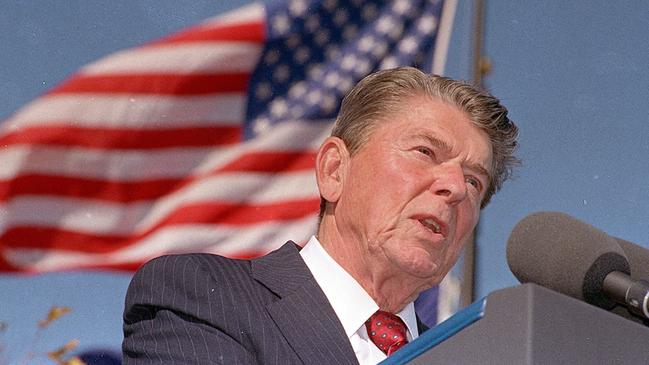
The contradictions are everywhere. Trump’s populism has deep ties to financial power. He pledges to cut taxes, including the corporate tax rate, loathes free trade and demands low interest rates with veiled threats to the independence of the Federal Reserve. He doesn’t seem to care about the massive US budget deficit, nor the risk of fanning inflation. In truth, Trump will do what he wants.
Trumpism has supplanted Reaganism as the guiding conservative philosophy for America. That seems a crazy comment but it’s surely true. This is a globally significant event since what happens in America shapes what happens in the world.
Most alarming is the Trump-Vance repudiation of US post-World War II global strategic leadership; witness their view that alliances are about transactions – hence the need to liquidate the Ukraine war and assess whether Taiwan’s transactions are worthy of it being defended.
Trump wants to look tough but his vision is introspective, protectionist and set on dealmaking with autocrats.
That’s the opposite of what’s needed in today’s world. Hopefully, if he wins, realism will temper his instincts.
Trump is a transformational politician. That’s his strength and it’s near unique. The ultimate question, however, is whether his transformations assist or hurt Australia. As for the pro-Trump populist right in this country, why can’t it ditch its mindless cheering and start to assess where Trump might be good or bad for Australia?



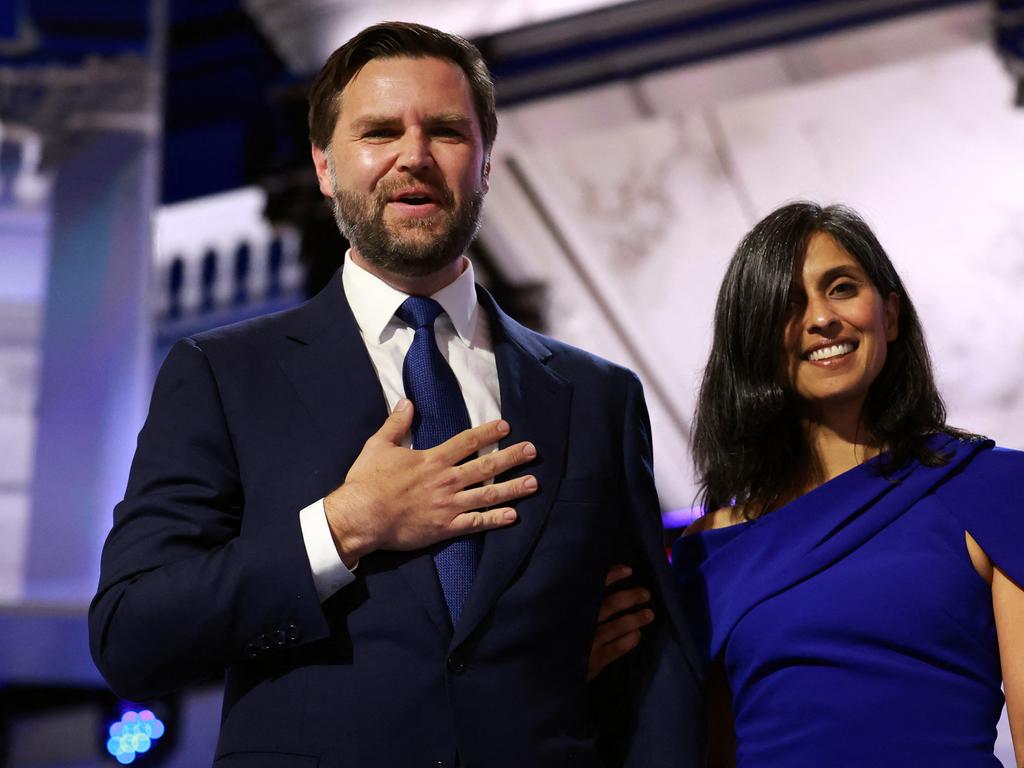
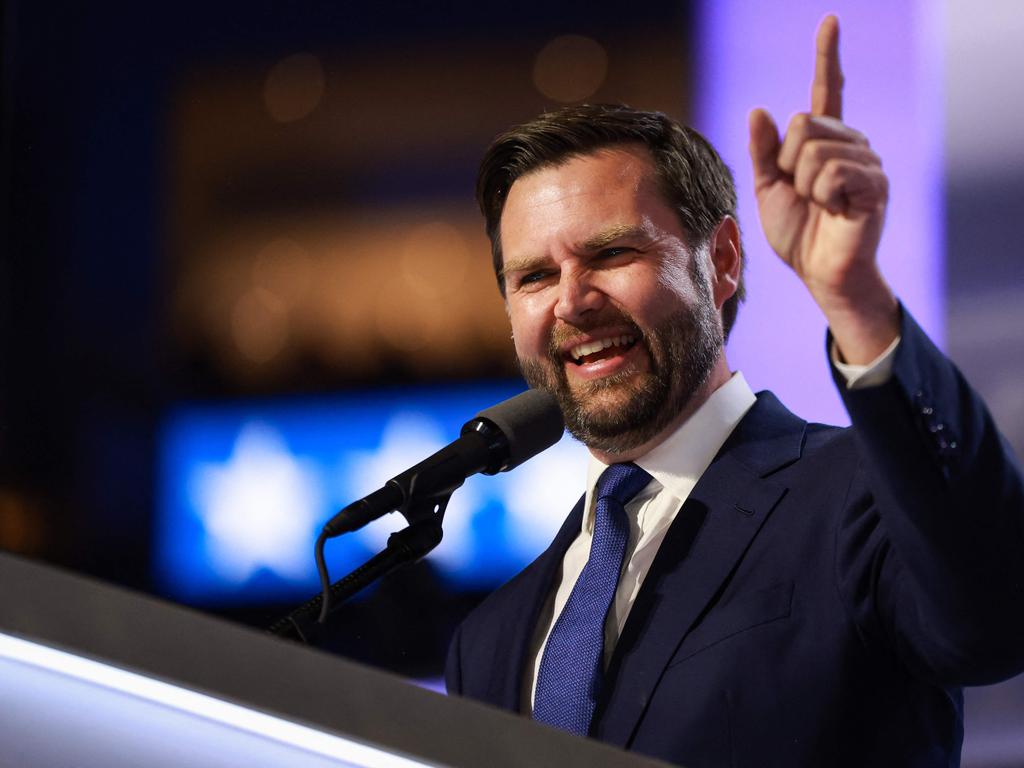
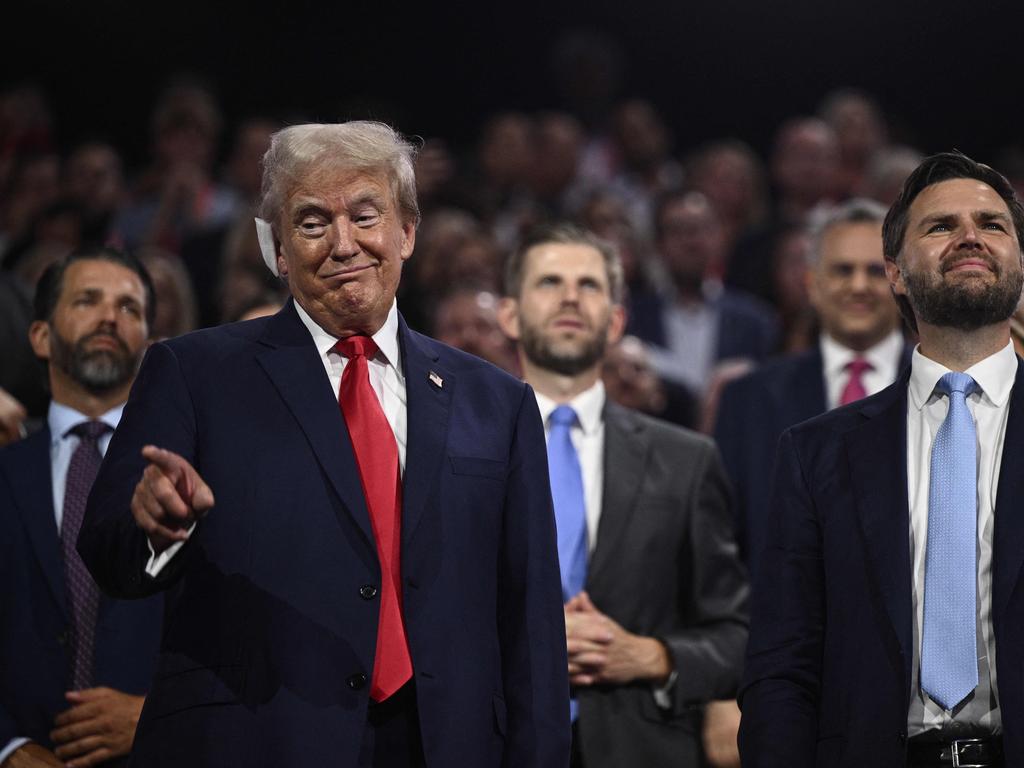


Donald Trump and JD Vance, in their different but shared ways, represent the looming transition of Western democratic politics – the rise of popular movements, the crisis of old-style political parties and the triumph of culture over rational policy.